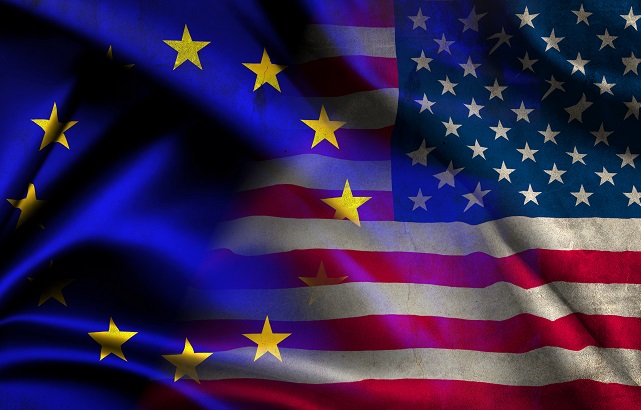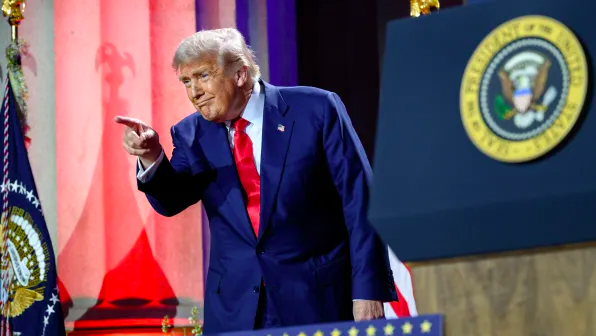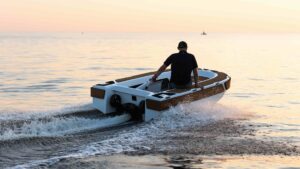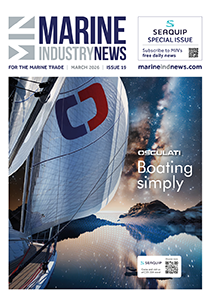Major global marine bodies call for fairer trade conditions amid tariff fallout

British Marine, the International Council of Marine Industry Associations (ICOMIA), the European Boating Industry (EBI) and the National Marine Manufacturers Association (NMMA) have issued a joint statement calling for greater international cooperation to ensure fair and predictable trade conditions in the global leisure marine sector.
In the joint statement, the four major global marine trade organisations highlight that recreational boatbuilding has long been a significant contributor to economies and cultures, but that it depends on reliable supply chains and consistent cross-border flows of materials and components. They note that changing tariff regimes — triggered by President Trump’s capricious global trade policy — are creating risks that affect both economic growth and employment.
In the US, boating and fishing contribute to the $1.2tn outdoor recreation economy, generating $230bn annually. In Europe, the boating and nautical tourism sector forms part of the €890bn blue economy and represents one of the largest European export industries. In the UK, Australia and across the Indo-Pacific, small and medium enterprises (SMEs) are strongly represented in the marine industry.
The statement notes that every dollar of direct spending in the sector generates an additional 60 cents in related economic activity, while every two jobs in the sector support at least one more in associated industries. The design, build and distribution of boats, along with the supply of raw materials and components, are said to sustain a highly skilled workforce.
SMEs form the majority of the industry worldwide. In the EU, 96 per cent of participants are small locally owned businesses, directly employing more than 280,000 people across 32,000 companies. In the US, 93 per cent of marine industry businesses are small enterprises, together employing over 800,000 people.
Beyond their economic role, the organisations stress that these companies also support sport, tourism, leisure, heritage and tradition. They jointly call for harmonised regulatory frameworks to ensure fairer conditions for international trade and to reduce barriers, particularly around tariffs, safety, standards and access.
“As representatives of global leisure marine industries, we therefore call on our respective governments to support a business operating landscape that provides fair and predictable trade. Boating is a significant driver of economic activity, local, nationally, and globally,” the statement says.
The statement continues: “But they require business certainty at global, national, and local levels to succeed. By pursuing fair and predictable trade that lowers tariffs and breaks down trade barriers – along with more harmonised operational landscapes with regard to safety, access, standards, and other protocols – our governments can mutually support our distinct interests and the many markets our businesses serve.”













